[最も選択された] spiral galaxy diagram 139408-Spiral galaxy hr diagram
As the diagram in Figure 4 shows, the stars, gas, and dust are not spread evenly throughout the disk but are concentrated into a central bar and a series of spiral arms Recent infrared observations have confirmed that the central bar is composed mostly of old yellowred stars The two main spiral arms appear to connect with the ends of the barResearchers finetune maps of our galaxy's spiral arms using data from NASA's WISE missionIt appears dark because it absorbs the light from the stars in the galaxy

Galaxy Types Of Galaxies Britannica
Spiral galaxy hr diagram
Spiral galaxy hr diagram-Spiral galaxies are also made up of a third component the galactic halo This is an almost spherical fuzz of stars and globular clusters surrounding the galaxy, trapped by gravity You can see the halo quite well in the above image of the Sombrero Galaxy, which is a spiral seen almost edgeon This image is from Hubble Heritage EllipticalsEncounters between galaxies could cause such waves as the mass of the smaller galaxy could affect the structure of the larger galaxy as the two combine Spiral galaxies are thought to evolve into


Classification
The Milky Way is the galaxy that contains our Solar System, with the name describing the galaxy's appearance from Earth a hazy band of light seen in the night sky formed from stars that cannot be individually distinguished by the naked eyeThe term Milky Way is a translation of the Latin via lactea, from the Greek γαλακτικός κύκλος (galaktikos kýklos, "milky circle")The golden spiral, is a spiral thats shape follows the fibonacci sequence, so it grows out in the spirals on the inside starting at one unit, then one again, then two, then three and five, etc This golden spiral can be found in the shape of the "arms" of galaxies if you look closely and do the mathIn the diagram given, what happens as we move to the left?
Colored spiral galaxy based on galaxy diagram License Public Domain More about SVG Size 001 MB Date 10/11/19 No of downloads 39 SVG published by OpenClipart SVG ID 971 s astronomy atmosphere circle cosmic galaxy galaxy planet sky spiral astronomical object Outer space Spiral galaxy Related SVG imagesAs the diagram in Figure 4 shows, the stars, gas, and dust are not spread evenly throughout the disk but are concentrated into a central bar and a series of spiral arms Recent infrared observations have confirmed that the central bar is composed mostly of old yellowred stars The two main spiral arms appear to connect with the ends of the barSpiral galaxies form a class of galaxy originally described by Edwin Hubble in his 1936 work The Realm of the Nebulae and, as such, form part of the Hubble sequence Most spiral galaxies consist of a flat, rotating disk containing stars, gas and dust, and a central concentration of stars known as the bulge These are often surrounded by a much fainter halo of stars, many of which reside in globular clusters Spiral galaxies are named by their spiral structures that extend from the center into th
Although astronomers are confident that our own Milky Way is also a spiral galaxy similar to the one shown above, there are still many aspects of its structure that we do not fully understand Spiral galaxies come in different types, including grand design, flocculent, barred, unbarred, intermediate – all differing in the shape, number, size, and distribution of their spiral arms!In this diagram, you can more clearly see the 4 major spiral arms of the Milky Way The Perseus Arm is shown in cyan, and the CarinaSagittarius Arm in pink Towards the top, the sun's location isEncounters between galaxies could cause such waves as the mass of the smaller galaxy could affect the structure of the larger galaxy as the two combine Spiral galaxies are thought to evolve into


The Hubble Tuning Fork



Chapter 16 Galaxies By Alejandra Jimenez And Karlee Mortensen Deep Space As Seen By The Hubble Telescope Classifying Galaxies Edwin Hubble Made Something He Called The Hubble Sequence Which Is A Classification System For The Galaxies That Are
The central bulge and spiral arms vary greatly in appearance from galaxytogalaxy But of course, you know this from working on Galaxy Zoo!{{Information Description=A diagram of how arms form in spiral galaxies Source=ImageSpiral galaxy arms diagrampng recreated as SVG by Mysid Date=November 10, 06 Author=UserDbenbenn / UserMysidPinwheel Galaxy (NASA, Chandra, Hubble, Spitzer, 05/24/12) This image of the Pinwheel Galaxy, or also known as M101, combines data in the infrared, visible, ultraviolet and Xrays from four of NASA's spacebased telescopes This multispectral view shows that both young and old stars are evenly distributed along M101's tightlywound spiral arms



Categorizing The Universe Adler Astro Journalists
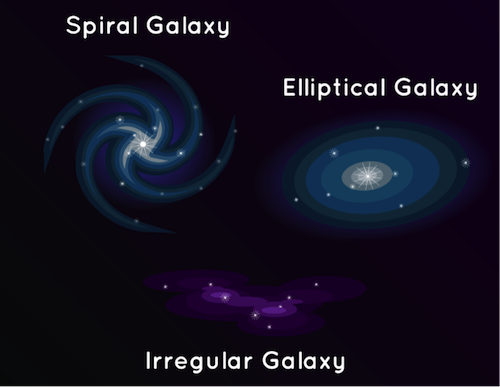


What Is A Galaxy Nasa Space Place Nasa Science For Kids
On the right of the Hubble sequence diagram are two parallel branches encompassing the spiral galaxies A spiral galaxy consists of a flattened disk, with stars forming a (usually twoarmed) spiral structure, and a central concentration of stars known as the bulge Roughly half of all spirals are also observed to have a barlike structure, with the bar extending from the central bulge, and the arms begin at the ends of the barA diagram of how arms form in spiral galaxies Date 10 November 06 Source ImageSpiral galaxy arms diagrampng recreated as SVG by Mysid Author UserDbenbenn / UserMysid LicensingP = 2 &pi R/V = 2 &pi 80 x 3086 x 10 16 km/ (2 km/s) = 71 x 10 15 s = 22 x 10 8 years The Sun takes 2 million years to make one full orbit The Sun is 45 billion years old The number of orbits made by the Sun since it was born is Number of orbits = 45 x 10 9 / 24 x 10 8 = 19 orbits


Hubble S Tuning Fork And Galaxy Classification Astronomy 801 Planets Stars Galaxies And The Universe


Hubble S Tuning Fork And Galaxy Classification Astronomy 801 Planets Stars Galaxies And The Universe
The nearly edgeon view of the spiral galaxy shown gives us some clues as to why the level of recent star formation is different between bulges and disks Consider the type of environment in which new stars form, and use your observations of the picture to choose the statement that best describes why there is more star formation in the diskIn this diagram, you can more clearly see the 4 major spiral arms of the Milky Way The Perseus Arm is shown in cyan, and the CarinaSagittarius Arm in pink Towards the top, the sun's location isSimplified Model for the Formation of Spiral Arms This sketch shows how spiral arms might form from irregular clouds of interstellar material stretched out by the different rotation rates throughout the Galaxy The regions farthest from the galactic center take longer to complete their orbits and thus lag behind the inner regions


Spheroid Galaxies Are Spirals Without Spirals



1 A The Milky Way Galaxy Viewed From Above B A Cross Sectional Download Scientific Diagram
The diagram is roughly divided into two parts elliptical galaxies (ellipticals) and spiral galaxies (spirals) Hubble gave the ellipticals numbers from zero to seven, which characterise the ellipticity of the galaxy, ie "E0" is almost round and "E7" is very ellipticalPinwheel Galaxy (NASA, Chandra, Hubble, Spitzer, 05/24/12) This image of the Pinwheel Galaxy, or also known as M101, combines data in the infrared, visible, ultraviolet and Xrays from four of NASA's spacebased telescopes This multispectral view shows that both young and old stars are evenly distributed along M101's tightlywound spiral armsSpiral Galaxy Spiral galaxies are thin, dense, highly organized disks of gas and stars that rotate very fast The disks in spiral galaxies are very fragile, and mergers with other galaxies can



Pin On Moons Planets Space Stars
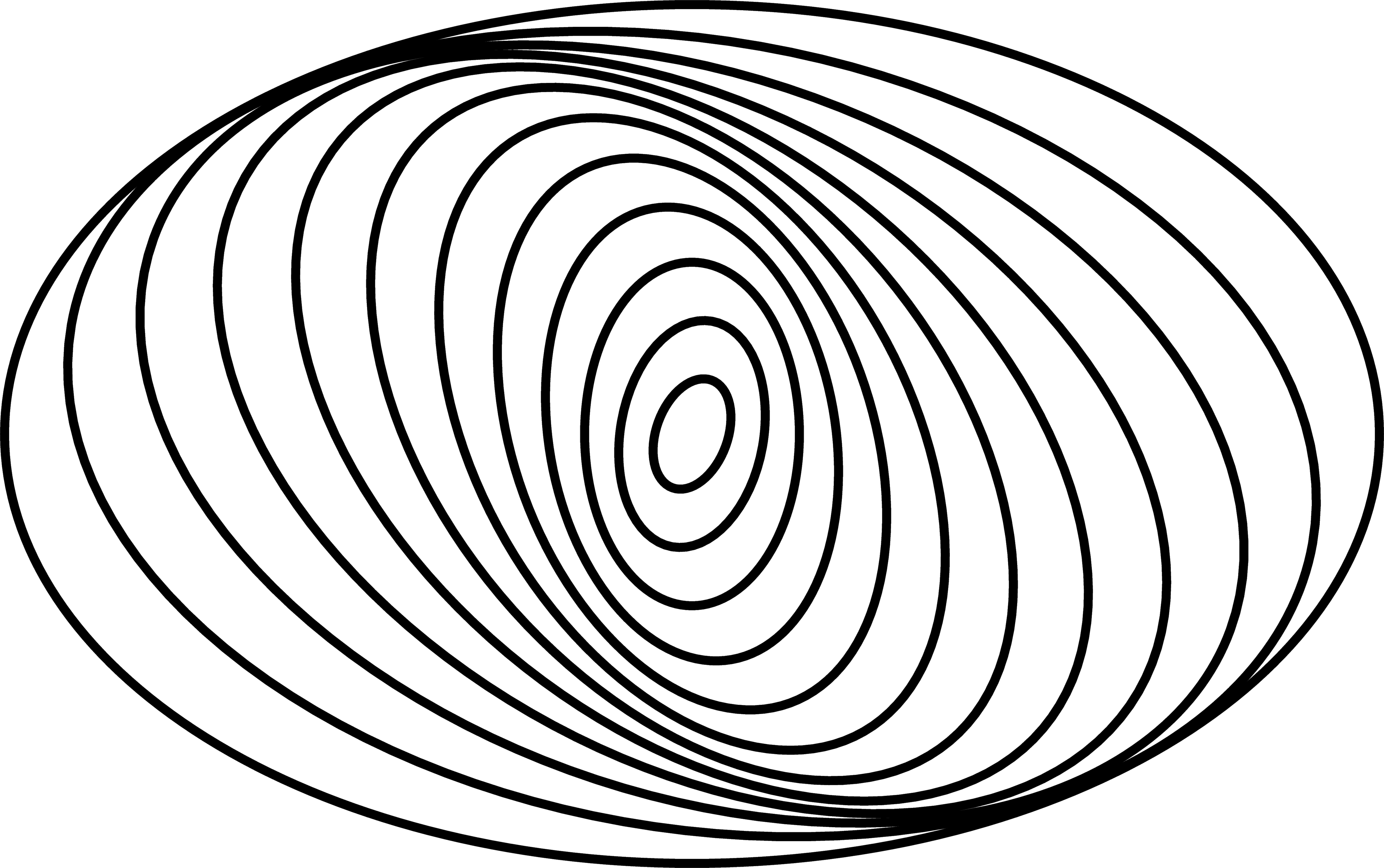


File Spiral Galaxy Arms Diagram Png Wikimedia Commons
The Milky Way is a spiral galaxy comprised of a barshaped core region surrounded by a flat disk of gas, dust and stars about 1,000 lightyears wide Our solar system is located about 27,000The first being this large division between bars and no bars All the barred galaxies on this diagram are drawn with only two arms, butThe rotation curve of a disc galaxy (also called a velocity curve) is a plot of the orbital speeds of visible stars or gas in that galaxy versus their radial distance from that galaxy's centre It is typically rendered graphically as a plot, and the data observed from each side of a spiral galaxy are generally asymmetric, so that data from each side are averaged to create the curve



Types Of Galaxies Pictures Facts And Information



Galaxy Types Of Galaxies Britannica
The Milky Way is a spiral galaxy comprised of a barshaped core region surrounded by a flat disk of gas, dust and stars about 1,000 lightyears wide Our solar system is located about 27,000(a) The spiral arms of M100, shown here, are bluer than the rest of the galaxy, indicating young, highmass stars and starforming regions (b) We view this spiral galaxy, NGC 4565, almost exactly edge on, and from this angle, we can see the dust in the plane of the galaxy;{{Information Description=A diagram of how arms form in spiral galaxies Source=ImageSpiral galaxy arms diagrampng recreated as SVG by Mysid Date=November 10, 06 Author=UserDbenbenn / UserMysid



Spiral Galaxy Wikipedia



Barred Spiral Galaxies Becoming More Common New Scientist
It is easy to drown in the details of any map, so it is useful to start with a basic plan of the Milky Way Those who want a more detailed (although less complete) map can visit the Faceon map overview One of the best (and surely the prettiest) basic plan illustrations currently available was created by the NASA astronomerartist Robert Hurt and released in 08Spiral galaxy M100 Spiral galaxies have three main components a bulge, disk, and halo (see right) The bulge is a spherical structure found in the center of the galaxy This feature mostly contains older stars The disk is made up of dust, gas, and younger stars The disk forms arm structures Our Sun is located in an arm of our galaxy, the Milky WayIt appears dark because it absorbs the light from the stars in the galaxy



Geosciencedthestarsandgalaxies Wwwphyscid
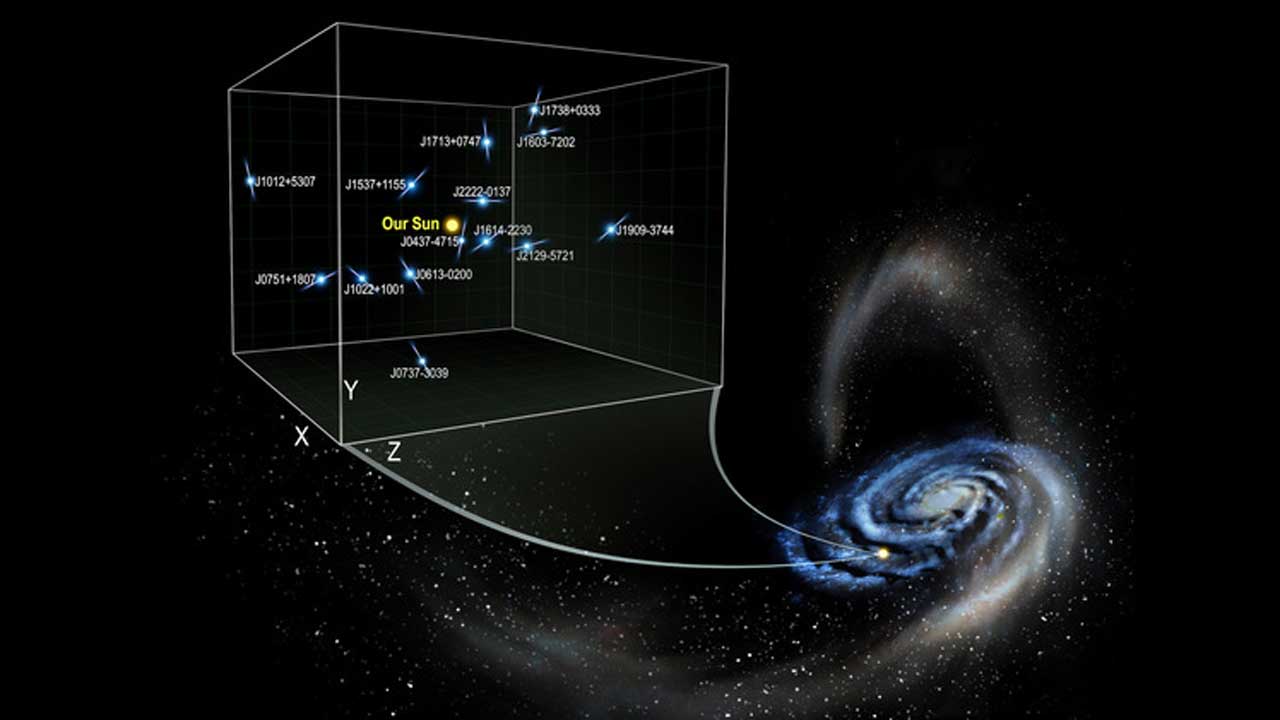


Milky Way S Dark Side Revealed Tech Explorist
The diagram is roughly divided into two parts elliptical galaxies (ellipticals) and spiral galaxies (spirals) Hubble gave the ellipticals numbers from zero to seven, which characterize the ellipticity of the galaxy "E0" is almost round, "E7" is very ellipticalAnswer choices Stars Get larger Stars get colder Stars get hotter Stars get brighter s Question 3 Spiral Galaxy Elliptical Galaxy Irregular Galaxy Constellation Galaxy s Question 24 SURVEY 30 secondsEdwin Hubble created the first galaxy classification scheme known as the Hubble tuningfork diagram It partitioned galaxies into ellipticals, normal spirals, barred spirals (such as the Milky Way), and irregulars These galaxy types exhibit the following properties which can be explained by current galaxy evolution theories



Types Of Galaxies Spiral Elliptical Irregular Galaxies


Q Tbn And9gcrv6wtgoygnfjy7sn0visqyw1ofgzchbfexnls8ts2whacimxxt Usqp Cau
P = 2 &pi R/V = 2 &pi 80 x 3086 x 10 16 km/ (2 km/s) = 71 x 10 15 s = 22 x 10 8 years The Sun takes 2 million years to make one full orbit The Sun is 45 billion years old The number of orbits made by the Sun since it was born is Number of orbits = 45 x 10 9 / 24 x 10 8 = 19 orbitsSpiral Galaxies Spiral galaxies like NGC 3310 (right) have two distinct regions The disk of the galaxy contains the spiral arms The disk is a region of star formation and has a great deal of gas and dust It is dominated by young, blue Population I stars The central bulge is devoid of gas and dustThe arms of a spiral galaxy have lots of gas and dust, and they are often areas where new stars are constantly forming The bulge of a spiral galaxy is composed primarily of old, red stars Very little star formation goes on in the bulge The table below shows the abbreviations that are used for spiral galaxy types



Galaxies Ppt Download



The Milky Way Galaxy
The apparent spiral arms appear because stars don't orbit the center of the galaxy in perfect circles Each star is instead on an elliptical orbit, much like the recurrent comets in our solar systemIn this diagram, the white lines point to some other noteworthy objects that share this feature of the Milky Way Galaxy with the Sun (credit modification of work by NASA/JPLCaltech) Formation of Spiral Structure At the Sun's distance from its center, the Galaxy does not rotate like a solid wheel or a CD inside your playerA The longer the period of a galaxy's variable stars, the more luminous it is B The faster a spiral galaxy's rotation speed, the more luminous it is C The smaller a galaxy appears, the further away it is D The redder a galaxy's color, the further away it is E The further away a galaxy is, the faster its recession velocity
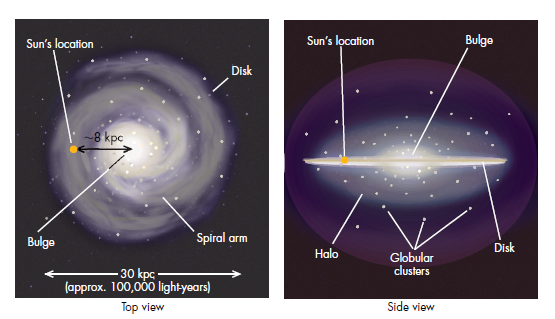


16 1 16 2 Make A Scale Diagram Of The Galaxy Looking Chegg Com


Journey To The Center Of The Galaxy
Looking at the spiral galaxies, a few things will pop out;Spiral galaxies are the most common type in the universe Our Milky Way is a spiral, as is the rather closeby Andromeda Galaxy Spirals are large rotating disks of stars and nebulae, surrounded by a shell of dark matter The central bright region at the core of a galaxy is called the "galactic bulge"Luminosity Classification or " DDO System " van den Bergh (1960) In spirals and irregular galaxies, some properties correlate with galaxy mass rather than type For spirals, the key parameter is arm development (ie arm length, continuity and width relative to size) Sc I long, welldeveloped arms Sc III short, stubby arms Sc IV dwarf, spiral galaxy faint hint of spiral structure


Basic Plan Of The Milky Way Galaxy Map



Types Galaxies Classification Diagram Spiral Galaxy Stock Vector Royalty Free
The apparent spiral arms appear because stars don't orbit the center of the galaxy in perfect circles Each star is instead on an elliptical orbit, much like the recurrent comets in our solar systemEdwin Hubble originally identified an evolutionary sequence for the galaxies (from earlytype to latetype) as one moved from left to right across the diagramAlthough this is now known to be a false interpretation, the terms 'earlytype' and 'latetype' are still used regularly by astronomers in the manner described below, and when discussing broad galaxy typesPlease consider becoming a Patron to support my work https//wwwpatreoncom/djsadhuPatrons will have early access to cool new videosThis is a nonconventi


Figure 4 A Spiral Galaxy And Its Arms Wikipedia B Diagram Of Spiral Arms Of Each Body In Space Represent Shaking In Space Which Is A Fundamental For Gravitational Force 3


Hubble Sequence
In such galaxies, the spiral arms are barely visible, showing only a small contrast to the brightness of the rest of the disk These spiral features also look thin and appear tightly wound about the center of the galaxy Hubble labeled this subtype with the letter a, as in S and SBa (also termed early‐type spirals for historical reasons)Please consider becoming a Patron to support my work https//wwwpatreoncom/djsadhuPatrons will have early access to cool new videosThis is a nonconventi(a) The spiral arms of M100, shown here, are bluer than the rest of the galaxy, indicating young, highmass stars and starforming regions (b) We view this spiral galaxy, NGC 4565, almost exactly edge on, and from this angle, we can see the dust in the plane of the galaxy;



Pin On Life Sciences Illustrated



The Architecture Of The Galaxy Astronomy
Spiral galaxies get their name from the shape of their disks In a spiral galaxy, the stars, gas and dust are gathered in spiral arms that spread outward from the galaxy's center Spiral galaxys are divided into three main types depending on how tightly wound their spiral arms are Sa, Sb and Sc Sa galaxies have very tightly wound arms around a larger central nucleusThe nearly edgeon view of the spiral galaxy shown gives us some clues as to why the level of recent star formation is different between bulges and disks Consider the type of environment in which new stars form, and use your observations of the picture to choose the statement that best describes why there is more star formation in the diskGalaxy morphological classification is a system used by astronomers to divide galaxies into groups based on their visual appearance There are several schemes in use by which galaxies can be classified according to their morphologies, the most famous being the Hubble sequence, devised by Edwin Hubble and later expanded by Gérard de Vaucouleurs and Allan Sandage


The Milky Way In A Diagram



Galaxy Morphology Ronald J Buta


Cosmology Galaxies


Colour Magnitude Relation For Elliptical Galaxies
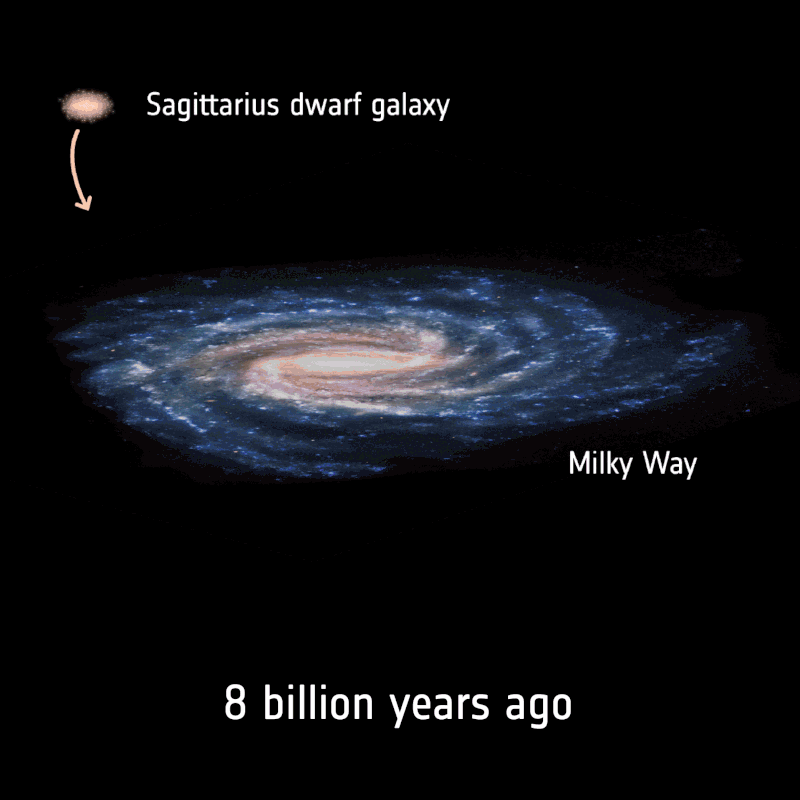


Did Galactic Crash Trigger Solar System Formation Space Earthsky
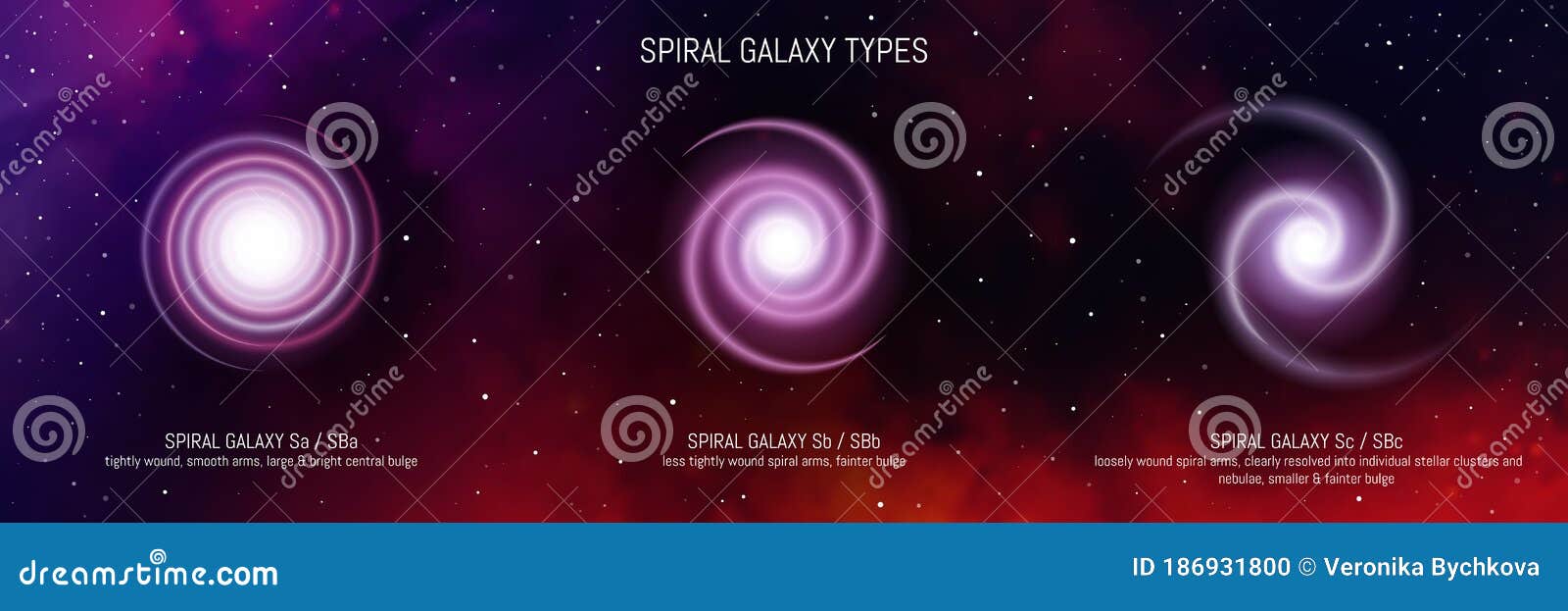


Types Of Galaxies Classification Diagram Of Spiral Galaxy Types Astronomy Infographic On Space Background Stock Illustration Illustration Of Galaxy Andromeda



Spiral Galaxy Wikipedia


The Various Types Of Galaxies There Are Many Types Of Galaxies That Are Determined By Their Size And Shape Three Of Them Are The Most Popular Types These Include Spiral Galaxies Elliptical Galaxies And Irregular Galaxies All Three Of These Types Of
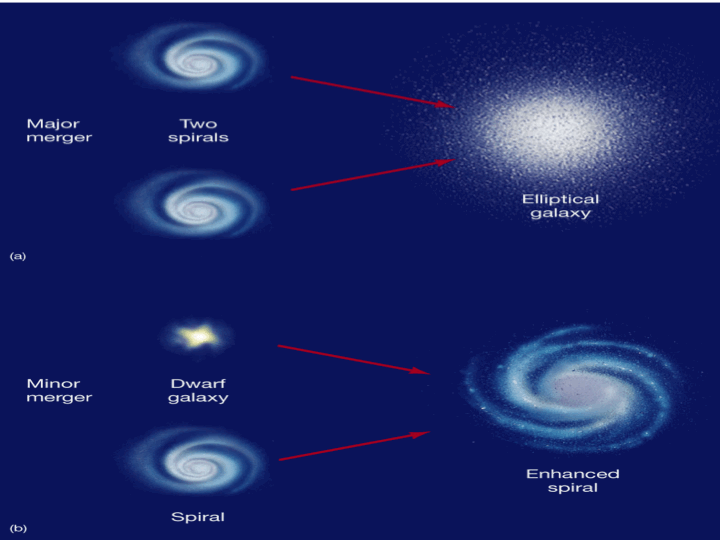


Cosmic Evolution Galactic


Galaxy Morphology There Are Lots Of Galaxies Out There And They Come In Many Different Flavors Hubble Proposed That Galaxies Be Classified According To Their Appearance Spiral Galaxies Spiral Galaxies Are Disk Shaped Galaxies With Spiral Structure



Spiral Galaxy
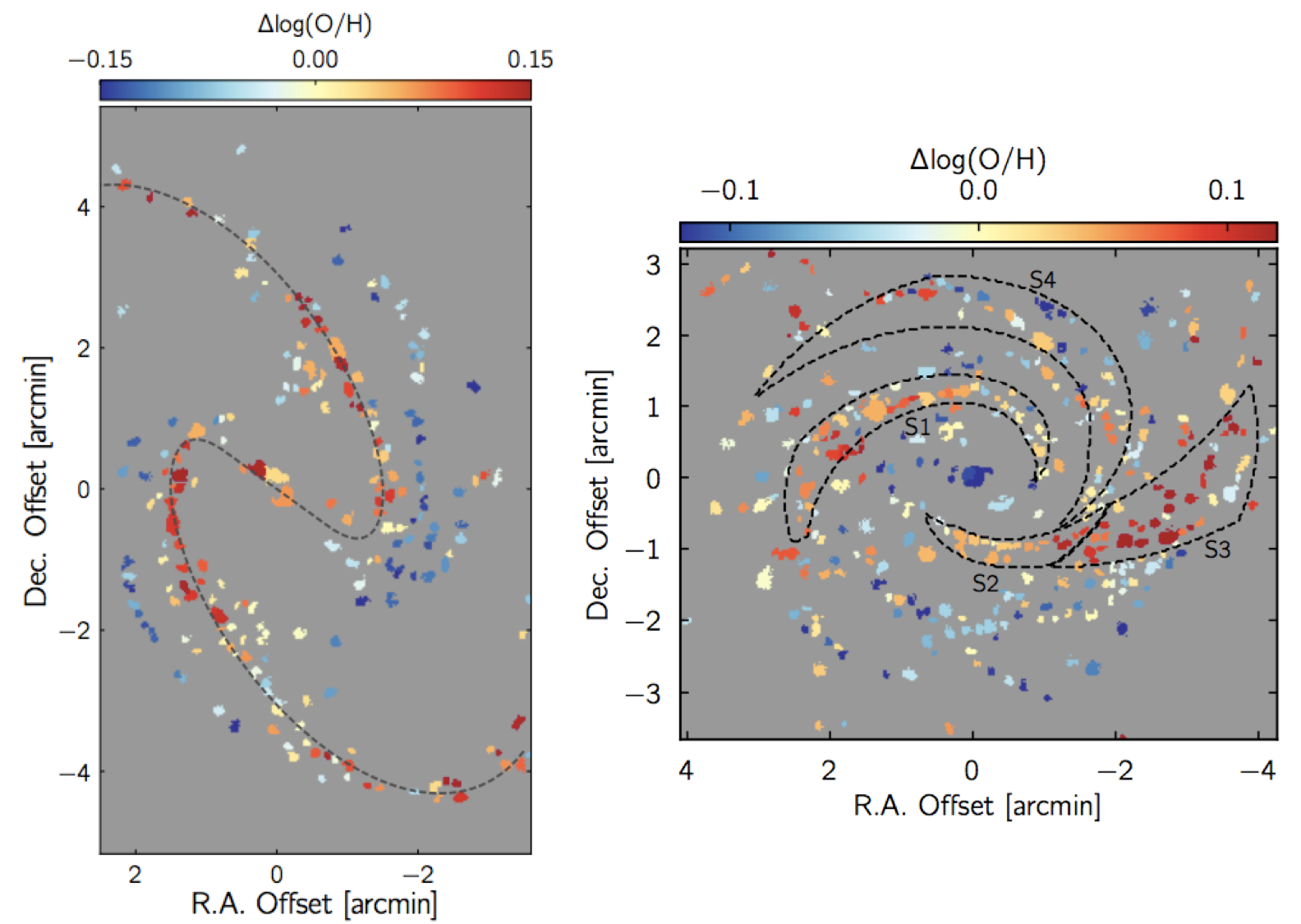


Spiral Galaxies Show Their Metal Astrobites


What Are The Types Of Galaxies Quora



Galaxies Ppt Download



Types Of Galaxies



Spiral Galaxies



Milky Way Galaxy The Structure And Dynamics Of The Milky Way Galaxy Britannica



Faulkes Telescope Educational Guide Galaxies Tuning Fork Diagram


Hubble S Tuning Fork And Galaxy Classification Astronomy 801 Planets Stars Galaxies And The Universe



What Even Is A Galaxy Exactly



Measuring Magnetic Fields National Radio Astronomy Observatory



Types Of Galaxies Spiral Elliptical Irregular Galaxies



If You Look Up In To The Sky At Night And Are Away From Any Light This Is What You Could See The Milky Way Is Home To At Least 0 Billion Stars And There Planets With A Mass Between 750 Billion And One Trillion Solar Masses One Solar Mass The Mass Of Our Sun



Milky Way Galaxy Cosmic Evolution Project Cal Poly San Luis Obispo



What Is The Milky Way Howstuffworks


Hubble Sequence



Types Of Galaxies Astronomy
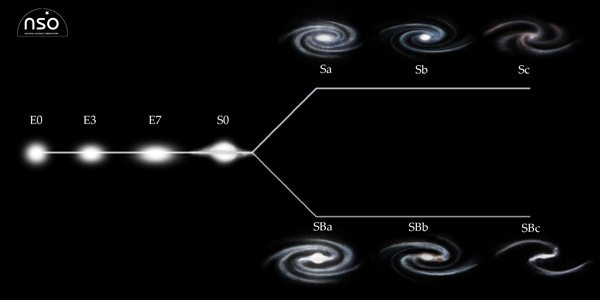


Galaxy Classification National Schools Observatory



Spiral Galaxy Wikipedia
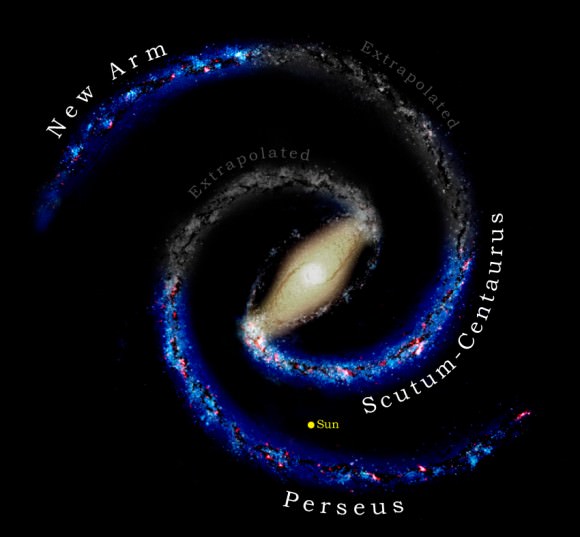


Where Is Earth In The Milky Way Universe Today


Spiral Galaxies


Classification
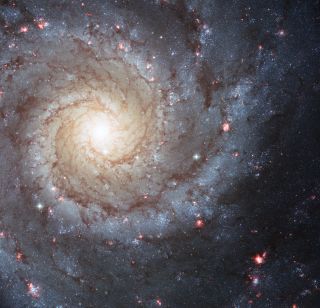


Spiral Galaxy Facts Definition Space



Nature S Best Magnifying Glass Views Eary Spiral Galaxy



Elliptical Galaxy Type A And Spiral Galaxy Type B Following Download Scientific Diagram


Astronomy Online


Classification



The Anatomy Of Galaxies Galaxy Zoo
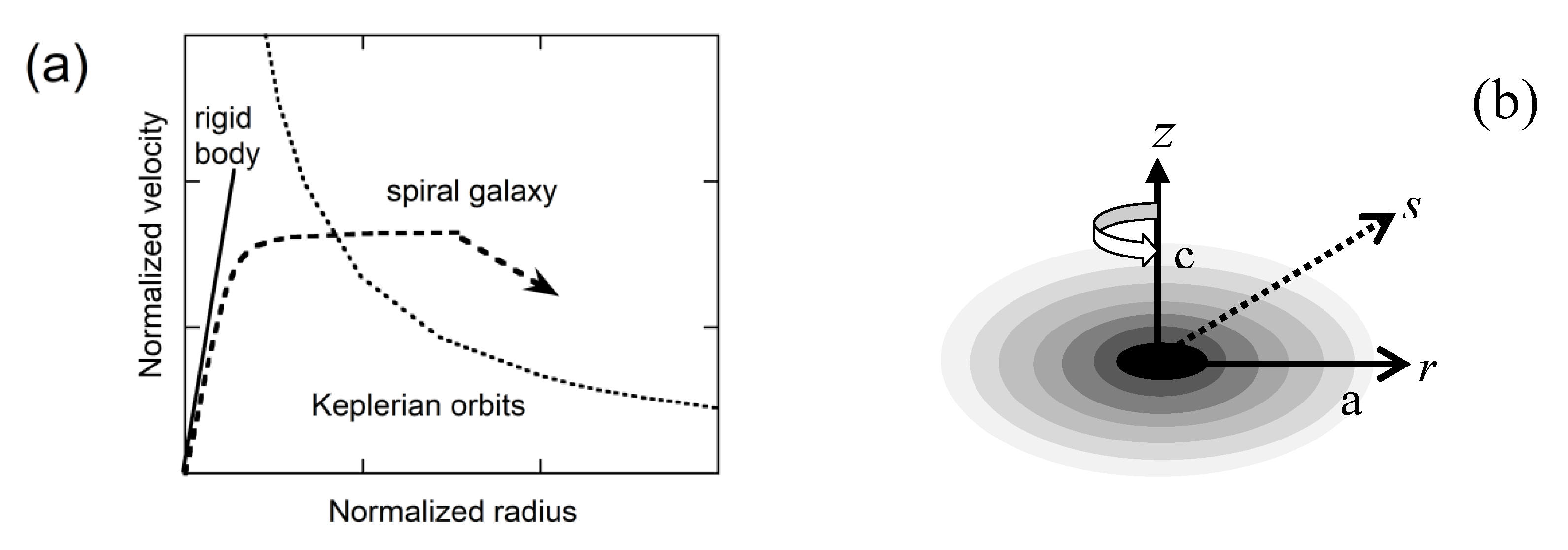


Galaxies Free Full Text Density Profiles Of 51 Galaxies From Parameter Free Inverse Models Of Their Measured Rotation Curves Html
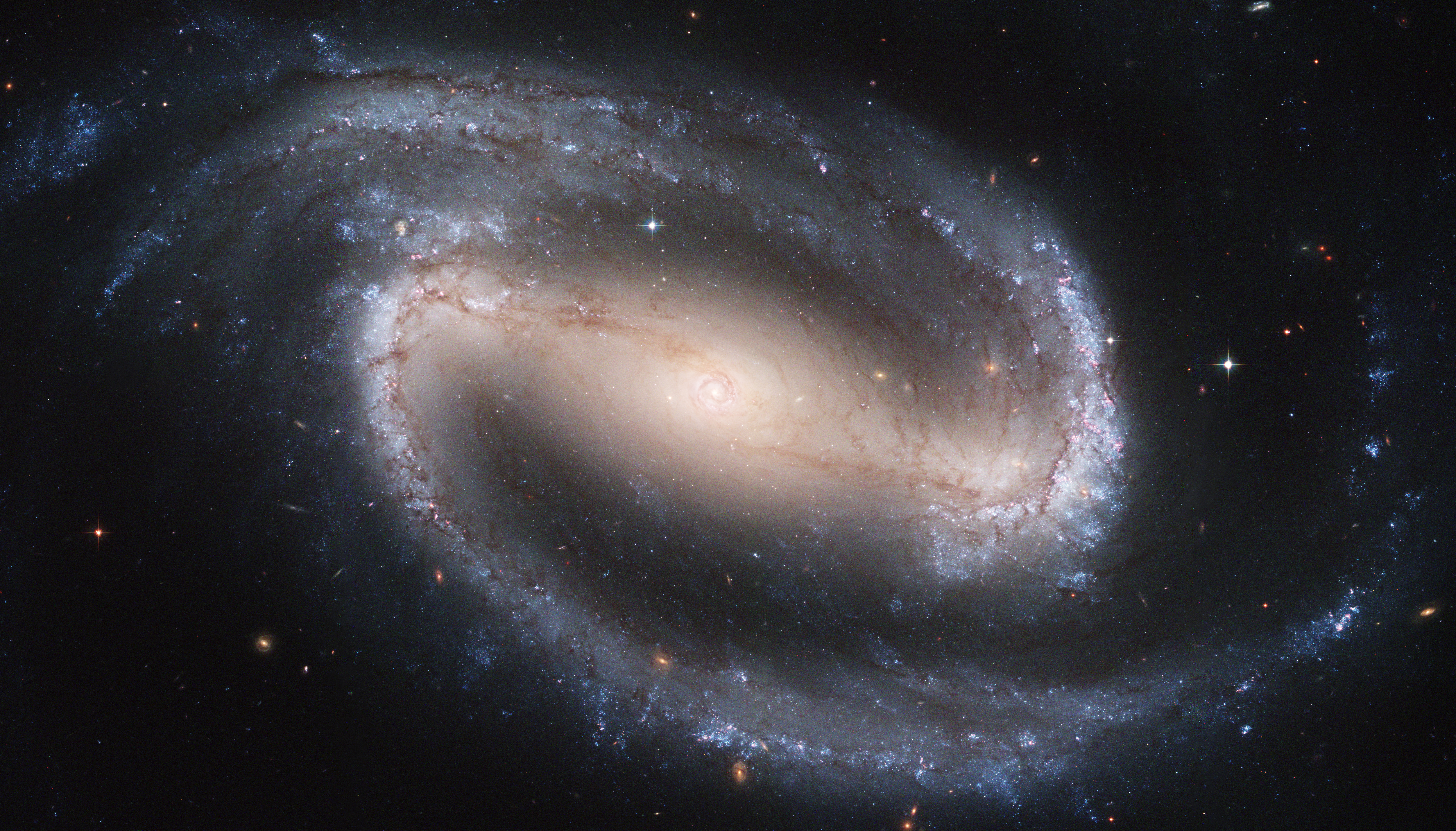


Barred Spiral Galaxy Wikipedia


Charting The Milky Way From The Inside Out Nasa


Absolute Beginners



The Various Types Of Galaxies Dat S Chapter 21 Independent Study



Caption The De Vaucouleur Hubble Dvh Tuning Fork Diagram A Nonce Name For A Modified Version Of Hubble Tuning Fork Diagram Illustrating The De Vaucouleurs System Of Galaxy Morphological Classification The In Figure Caption Includes The Word
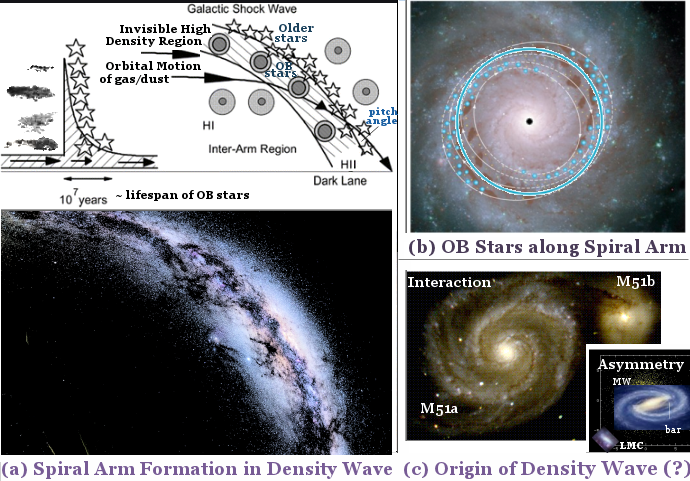


Galaxies
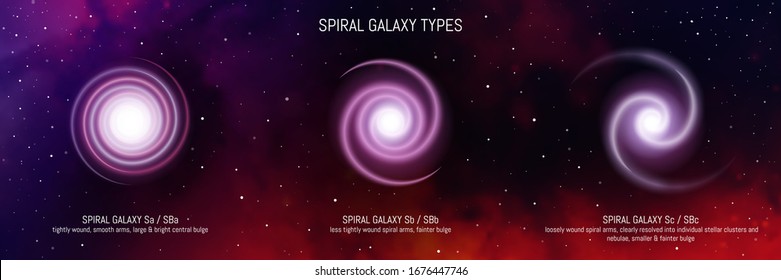


Galaxy Diagram Hd Stock Images Shutterstock



Types Of Galaxies Spiral Elliptical Irregular Galaxies



Galaxies Diagram Quizlet



Bad Astronomy Battle Of The Bulges Have Astronomers Been Wrong About Spiral Galaxies All This Time


Q Tbn And9gcqfsfbctuzh04woblgxmql8cwddhgyrksj2iqmss8utu5mj1dsp Usqp Cau


Milky Way Plan Views



Galaxy Classification Ppt Video Online Download


Astr 553 5 Spiral Galaxies Whittle


Universesite Enclylopedia Of The Universe Stars Planets Constellations Galaxies



Milky Way Galaxy Cosmic Evolution Project Cal Poly San Luis Obispo



Selections Of Samples A Massive Red Spiral Galaxies Red Symbols Download Scientific Diagram
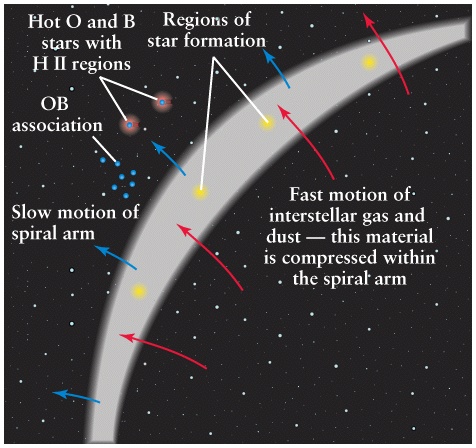


Lecture 24 Spiral Galaxies



Locations Of Lensing Events Coinciding With Background Spiral Galaxy Download Scientific Diagram
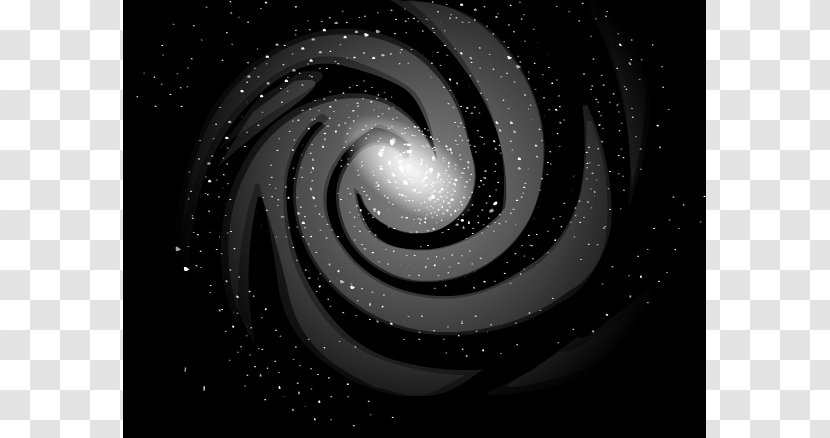


Milky Way Spiral Galaxy Clip Art Coloru13magnitude Diagram Cliparts Transparent Png


Astronomy Lecture Number 24


Phy111 Our Evolving Universe Lecture 8
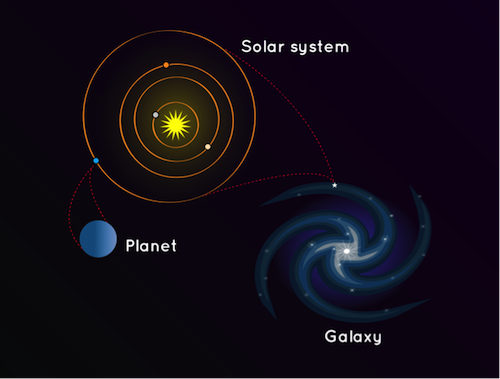


What Is A Galaxy Nasa Space Place Nasa Science For Kids
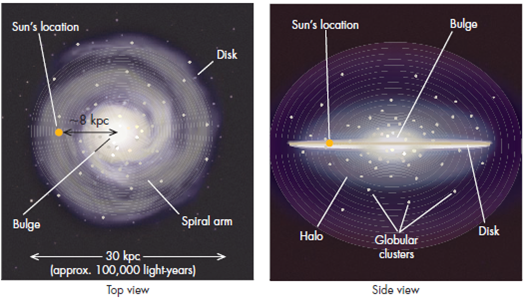


Solved Make A Scale Diagram Of The Galaxy Looking Down On It F Chegg Com



Charting The Milky Way From The Inside Out Nasa


How Do We Know The Shape Of Our Galaxy
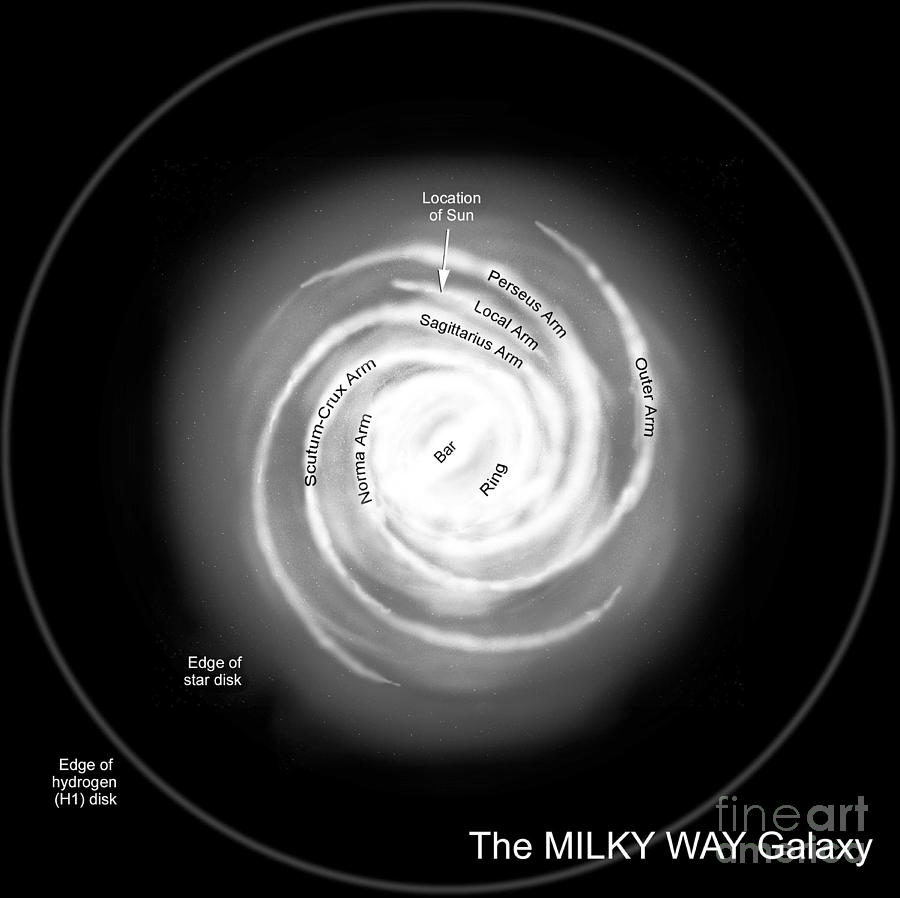


A Diagram Of The Milky Way Depicting Digital Art By Ron Miller
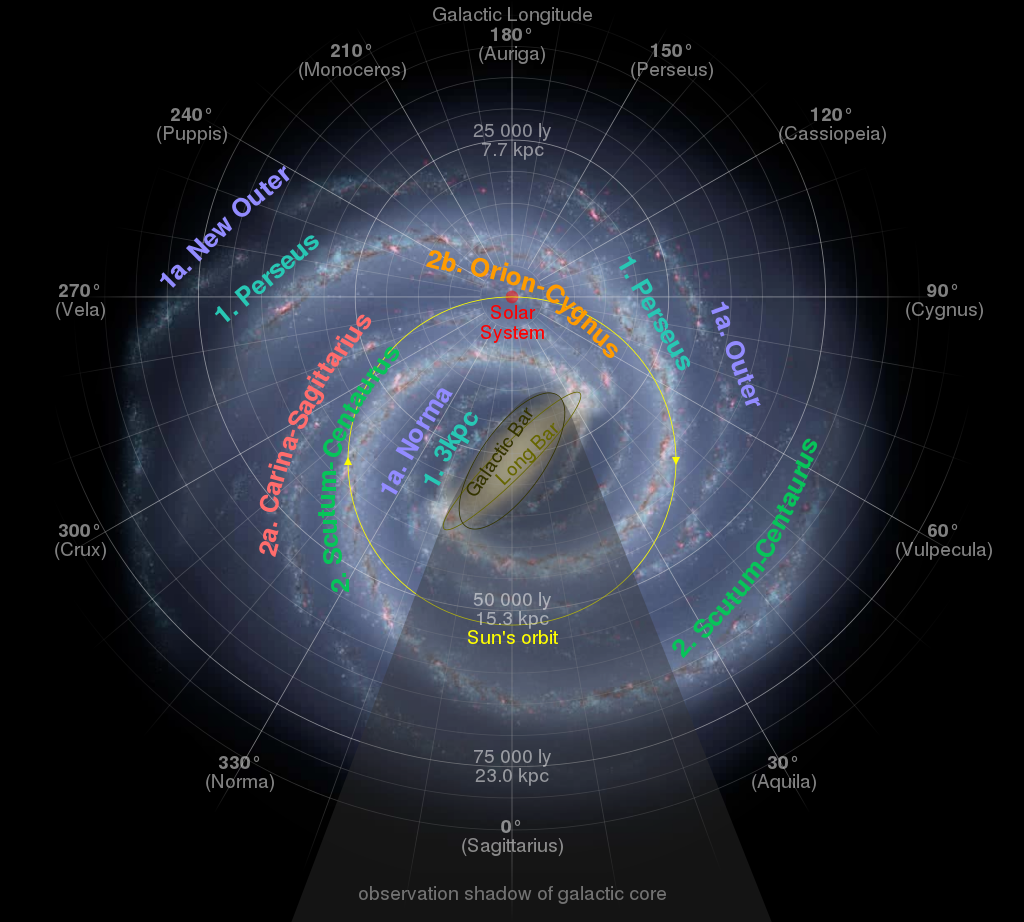


Which Spiral Arm Of The Milky Way Contains Our Sun Space Earthsky


Q Tbn And9gcqmums6q5zwiwtwok A38pp0mnlxssuhk Qjlkdyhxrniwd4iwi Usqp Cau



File Spiral Galaxy Arms Diagram Svg Wikimedia Commons


Classification



Astronomy Final Exam Dr Broussard Flashcards Quizlet



Galaxy Rotation Curve Wikipedia



Nasa S Cosmos



Astronomy Final Exam Diagram Quizlet



Hubble Classification Cosmos


コメント
コメントを投稿